How to Secure Funding for Your Health Equity Project
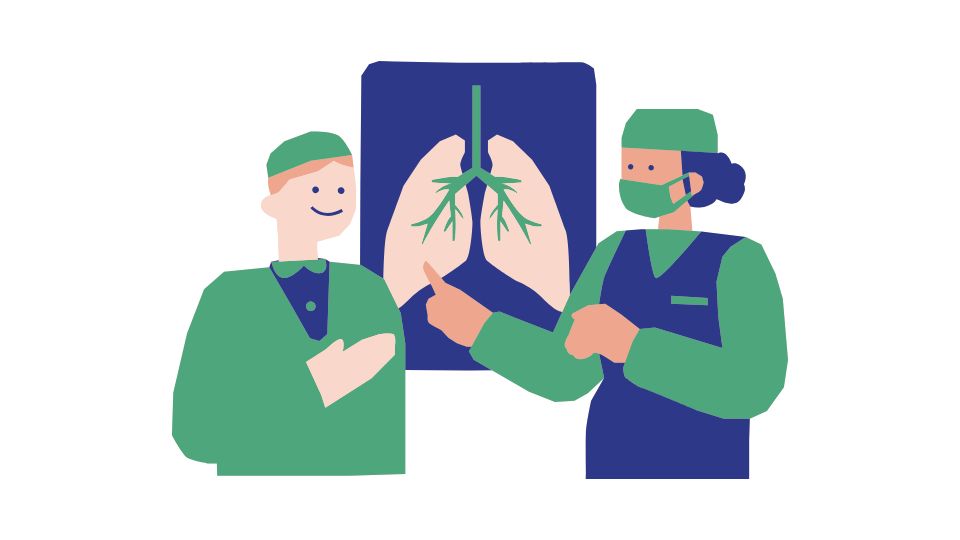
Feeling overwhelmed about getting money for your health equity project?
I get it. The funding world can feel like a maze, especially when you’re trying to do important work addressing health disparities. But don’t worry – I’ve got your back with a straightforward guide to securing those dollars.
Let’s break down how to get your health equity project funded without losing your mind in the process.
Finding Money for Your Health Equity Project: A No-BS Guide

Here’s the thing about health equity – it’s not just about medicine or healthcare. It’s about addressing the 80% of health outcomes that come from things like housing, education, income, and neighborhood safety.
These are called social determinants of health (SDOH), and they’re the reason why your ZIP code often predicts your lifespan better than your genetic code.
Skip ahead:
- Understanding the health equity funding landscape
- Where to look for money
- Making your proposal stand out
- Building partnerships that funders love
- Application tips that actually work
Understanding What Funders Want (So You Can Give It To Them)
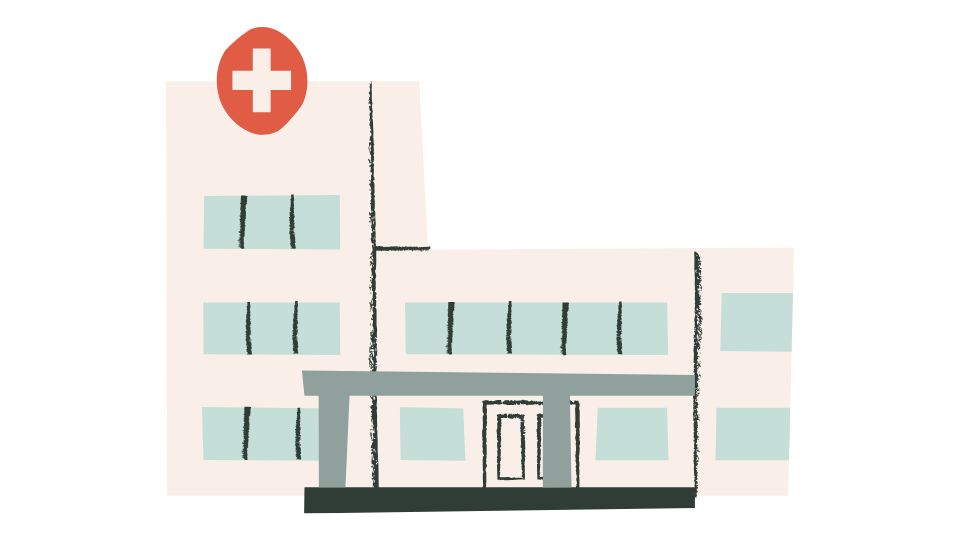
When it comes to health equity, funders aren’t just looking to throw money at clinical interventions. They want to support projects that tackle the root causes of health disparities.
Major players in this space include:
- The Cigna Group Foundation – They’ve committed $9 million over three years to reduce health barriers in communities
- The Commonwealth Fund – These folks make grants to promote equitable health systems
- Robert Wood Johnson Foundation – Their Evidence for Action program focuses on racial and Indigenous health equity research
- Local partnerships like The Partnership for Better Health that prioritize projects addressing social determinants
What are they all looking for? Projects that:
- Address systemic inequities (not just Band-Aid solutions)
- Include the voices of people with lived experience
- Show potential for lasting impact
- Use data to demonstrate the problem and measure outcomes
Where to Look for Money (Without Losing Your Mind)
The funding landscape for health equity is actually pretty diverse. You’ve got options ranging from major foundations to local community funds.
Foundation Grants
Foundations like The Commonwealth Fund offer grants through a Letter of Inquiry process. They’re looking for innovative care models and system transformation projects.
Research Funding
If your project has a research component, check out RWJF’s Evidence for Action program. They fund projects $250k-$500k focused on racial/Indigenous health equity.
Small Project Grants
Don’t need millions? Programs like SpringWell360 Health Equity Grant offer $1,000 for education, research, and outreach projects. Perfect for pilots or student-led initiatives.
Local Health Departments
Many state and local health departments have dedicated funding for community health equity initiatives.
Hospital Systems
Don’t overlook local hospital systems that need to meet community benefit requirements – they often have funds earmarked for addressing local health disparities.
Making Your Proposal Stand Out (Without Hiring a Professional Grant Writer)
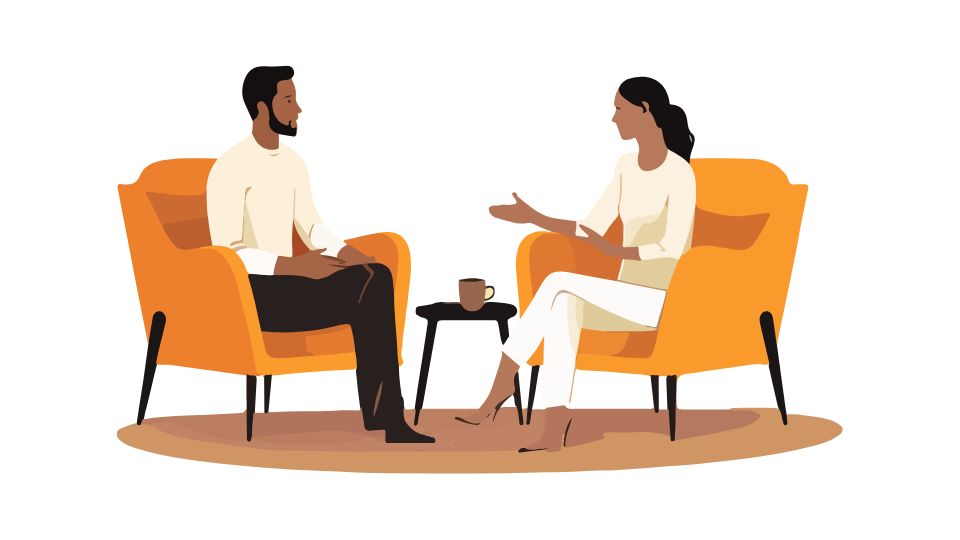
Here’s what funders are actually looking for in proposals:
A clear problem statement backed by data. Don’t just say “health disparities exist” – show exactly what’s happening in your community with numbers.
Specific, measurable outcomes. What will change because of your project? By how much? In what timeframe?
A detailed project plan that shows you’ve thought through implementation. Include a timeline and who’s responsible for what.
A realistic budget that justifies every dollar. Show you’ve done your homework on costs.
Community engagement – demonstrate how the people most affected by the problem are involved in designing and implementing the solution.
One organization I know secured a $100,000 grant by showing exactly how they’d use community health workers from the neighborhood they were serving to connect residents with resources. They included quotes and stories from community members alongside their data – powerful combination!
Building Partnerships That Funders Love
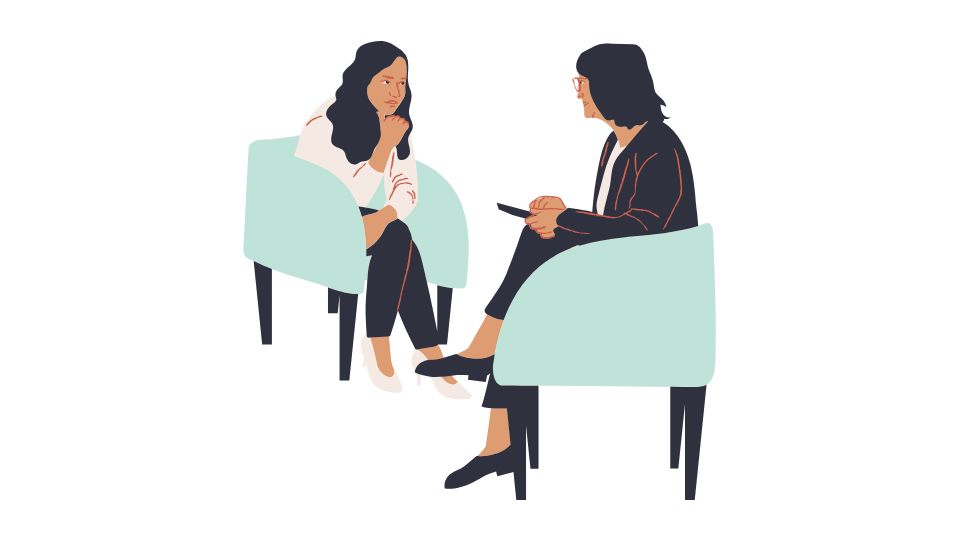
Going solo? That’s a tough sell in the health equity world. Funders want to see collaboration because they know complex problems require multiple perspectives and resources.
Good partners might include:
- Local nonprofits with deep community ties
- Academic institutions that can help with evaluation
- Healthcare providers who can integrate your work into clinical settings
- Community leaders who bring lived experience
For example, The Cigna Group Fund specifically looks for partnerships with local nonprofits addressing community-specific health disparities.
Application Tips That Actually Work
Read the guidelines twice. Then read them again. Most rejections happen because applicants missed something basic in the instructions.
Follow deadlines religiously. Partnership for Better Health has upcoming deadlines on August 1, December 1, and March 3. Missing these by even a minute can disqualify you.
Start with a Letter of Inquiry (LOI) when possible. It’s like dating before marriage – you get to test compatibility before committing to a full proposal.
Attend info sessions. Many funders host webinars to explain what they’re looking for. This is insider information – use it!
Don’t be afraid to reach out to program officers with questions. Most actually want to help good projects get funded.
One healthcare nonprofit I worked with increased their funding success rate from 20% to 70% just by having phone conversations with program officers before submitting applications. That human connection matters!
After You Get the Money (Because You Will!)
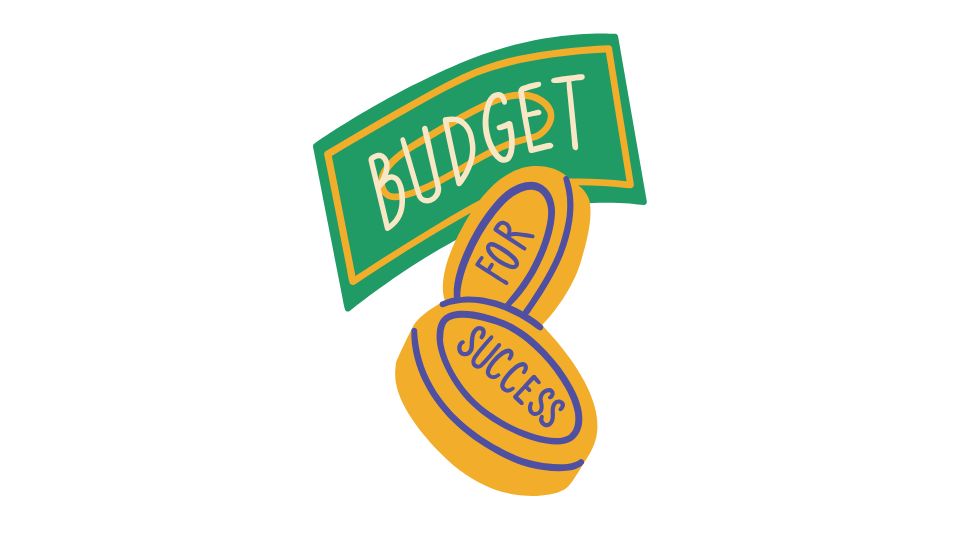
Getting the check is just the beginning. To maintain good relationships with funders (and set yourself up for future funding):
- Document everything. Track your progress, take photos, collect testimonials.
- Be transparent about challenges. Funders know things don’t always go as planned – they appreciate honesty.
- Report on time and thoroughly. Most require progress reports and final documentation.
- Share success stories. Funders love to see the human impact of their dollars.
Bottom Line
Funding health equity work isn’t easy, but it’s definitely possible if you approach it strategically. The key is understanding what funders want, building strong partnerships, and clearly communicating both the problem and your solution.
Remember that funders are increasingly interested in projects that address the root causes of health disparities – not just treating symptoms. Show them how your work creates lasting change, and you’ll be well on your way to securing the resources you need.
Now get out there and start changing the world, one grant application at a time!

